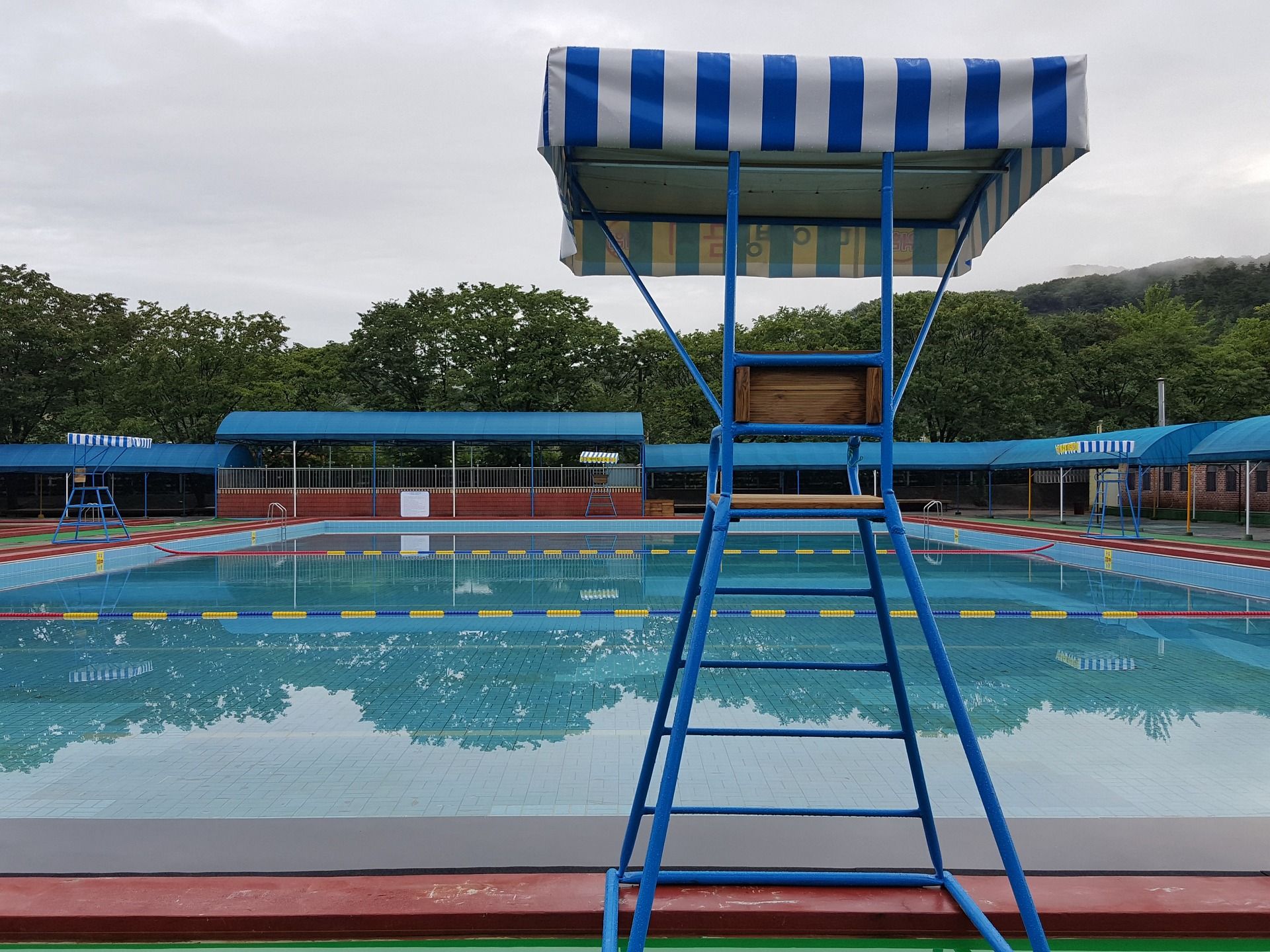According to the report of the swimmingmasters association, there is a shortage of at least 3,000 skilled workers nationwide. The association warns that some pools will have to reduce their opening hours – or even close altogether.
The shortage of staff in swimming pools has worsened considerably, according to the Federal Association of German Swimming Pool Masters. “This year, the situation will become even more dramatic,” association president Peter Harzheim told the dpa news agency.
“In the meantime, it’s like this: We don’t even have a shortage of skilled workers anymore, we’ll soon have the worst case scenario.” Nationwide, he said, there was a shortage of at least 3,000 skilled workers. As a result of the staff shortage, pools could only open for shorter periods in the future, or sometimes not at all.
The association sees family-unfriendly working hours of swimming pool attendants and “unappreciative pay” as the reason for the staff shortage. In addition, the baby boomers are now retiring. “Many colleagues left during the pandemic years because they were afraid for their jobs and went elsewhere in the industry,” the president said.
In North Rhine-Westphalia, which along with Lower Saxony has the most indoor pools in Germany, there were 150 examinees this summer, he said. In the summer of 2022, there were 160, he said. “The trend is up overall, but won’t solve the problem now,” Harzheim said. In addition, he said, the failure rate for exams is high.
More efforts in training
Harzheim therefore calls for more efforts in training. If each of the approximately 6,000 pools nationwide were to hire an apprentice or trainee, the problem could be solved. “Then we wouldn’t have such a disaster in three years after the end of the training,” the president said.
“This year, we already started looking for lifeguards for outdoor pool operations in the winter,” said Ralf Becker, head of pool operations in Essen. Fifty lifeguards or lifeguards are needed in Essen. “So far, through our efforts, we have filled about half of the positions,” Becker said.
Source: Zeit Online – 08.04.2023 –

Which importancy public pools have in germany
Public pools in Germany play an important role in society. They provide a space for people to gather, socialize, and engage in physical activity.
Here are a few ways public pools are meaningful for society in Germany:
- Health and wellness: Public pools offer a place for people to exercise and improve their health. Swimming is a low-impact form of exercise that can benefit people of all ages and abilities. Additionally, many public pools offer classes and programs that promote overall wellness, such as water aerobics or yoga.
- Socialization: Public pools provide a communal space for people to gather and socialize. Families and friends often meet up at the pool, which can help strengthen relationships and build community. In addition, public pools often organize events and activities that bring people together, such as swim meets or pool parties.
- Safety: Public pools provide a safe and controlled environment for people to enjoy swimming. Lifeguards are often present to monitor activity and ensure the safety of all swimmers. Additionally, public pools often have rules and regulations in place to prevent accidents and injuries.
- Access: Public pools offer access to swimming and other aquatic activities for people who may not have access to private pools or bodies of water. This can be particularly important for individuals and families who may not have the financial resources to afford private memberships or other recreational activities.
Overall, public pools in Germany are an important part of the social and cultural fabric of society. They provide a space for people to gather, exercise, socialize, and have fun while promoting health, safety, and accessibility.
How can a foreigner become a lifeguard in germany
To become a lifeguard in Germany as a foreigner, you will need to meet certain requirements and complete the necessary training.
Here are the steps you can take:
- Check the requirements: The specific requirements to become a lifeguard may vary depending on the state and the type of pool you wish to work in. Generally, you must be at least 18 years old and have a good level of physical fitness and swimming ability. You may also need to have a certificate in first aid and/or a medical examination.
- Find a training course: Lifeguard training courses are offered by various organizations in Germany, such as the German Life Saving Association (DLRG). Look for a course that meets the requirements of the pool you wish to work in and register for it.
- Attend the training: Lifeguard training in Germany typically takes several weeks and includes both theoretical and practical components. You will learn about water safety, rescue techniques, and first aid. You will also need to pass various tests and assessments to complete the course.
- Obtain certification: Once you have successfully completed the training, you will receive a certificate that allows you to work as a lifeguard. You may need to renew your certification periodically, depending on the requirements of the state or the pool you work in.
- Apply for lifeguard positions: You can apply for lifeguard positions at public pools, water parks, and other aquatic facilities in Germany. Be sure to check the specific requirements for each job and submit your application accordingly.
Note that it may be helpful to have a good level of German language proficiency, as lifeguarding involves communicating with swimmers and colleagues in a fast-paced environment.
How high are the wages of lifeguards in germany?
The wage for a lifeguard with a contract in a public bath in Germany can vary depending on several factors, including the state, the size of the facility, and the collective bargaining agreement in place.
According to collective bargaining agreements, the starting wage for a lifeguard in a public bath in Germany can range from €9 to €13 per hour. With experience and additional qualifications, such as water safety instructor or lifeguard trainer certification, the wage can increase up to €16 or more per hour.
However, it’s important to note that the actual wage may also depend on the individual employer and negotiations with the employee. Additionally, benefits such as health insurance and vacation time may also be included in the contract.
Overall, the wage for a lifeguard in a public bath in Germany may be lower than in some other professions, but the job can provide valuable experience, flexible schedules, and opportunities for growth and advancement within the field.
